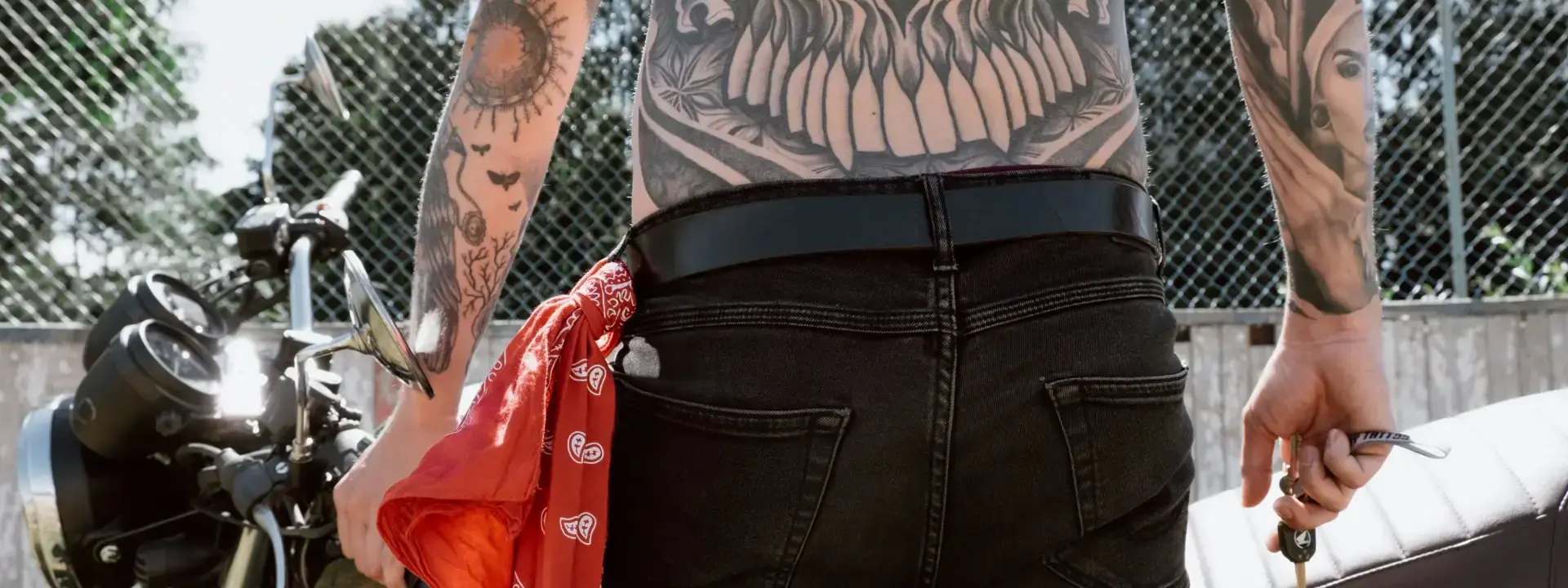
Tattoo Artist Job Description
What is a Tattoo Artist Professional?
A tattooist is an artist who uses a needle to permanently apply ink to the skin. Tattooists create designs that range from simple lines and shapes to complex pictures and scenes. Most tattooists work in tattoo shops, where they have access to a wide variety of inks, needles, and other supplies. Tattooists start by discussing the design with their client. They then sketch the design on paper or directly on the skin using a stencil.
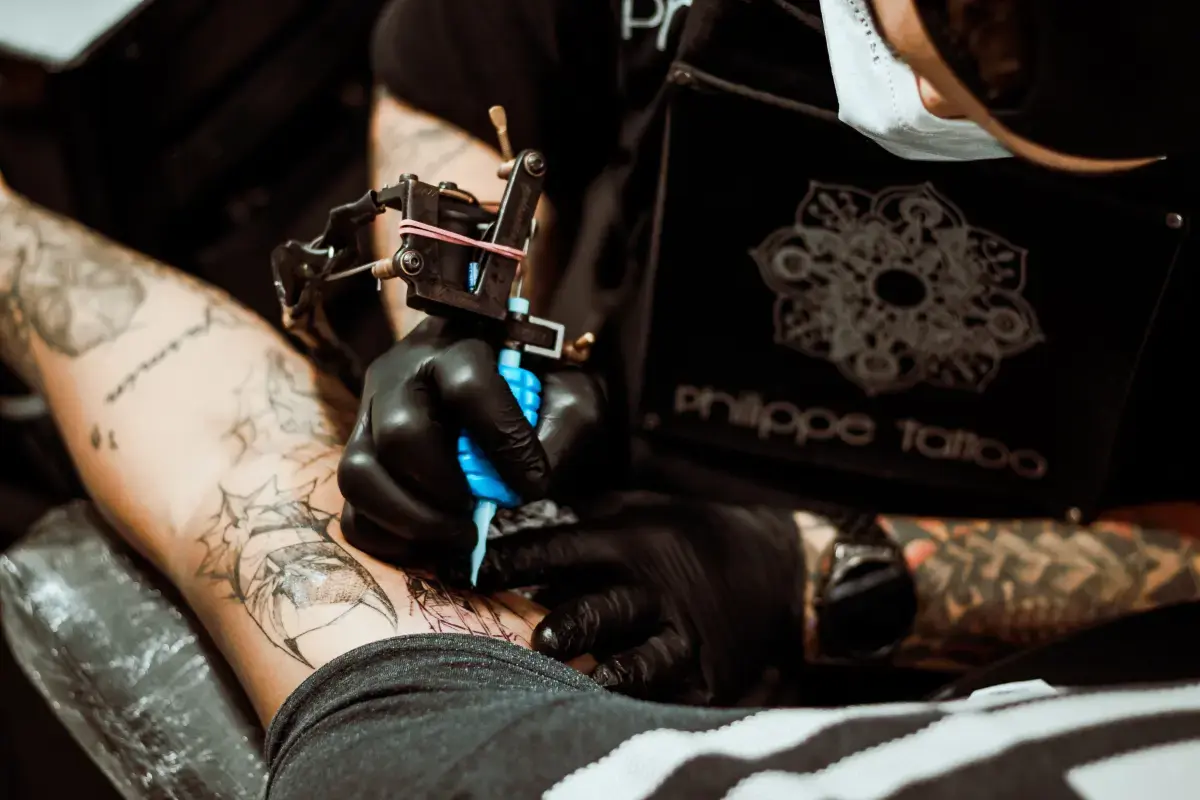
What does a Tattoo Artist Expert do?
Once the client approves the design, the tattooist sets up their equipment and sterilizes their needles. They then carefully insert the needle into the skin, injecting ink as they go. The process can be painful, but most people endure it for the sake of having a beautiful tattoo that will last a lifetime. Afterward, the tattooist applies ointment to the area and covers it with a bandage. Clients are typically instructed to keep the area clean and dry while it heals, which usually takes about two weeks. Once healed, tattoos can last forever if they are properly cared for.
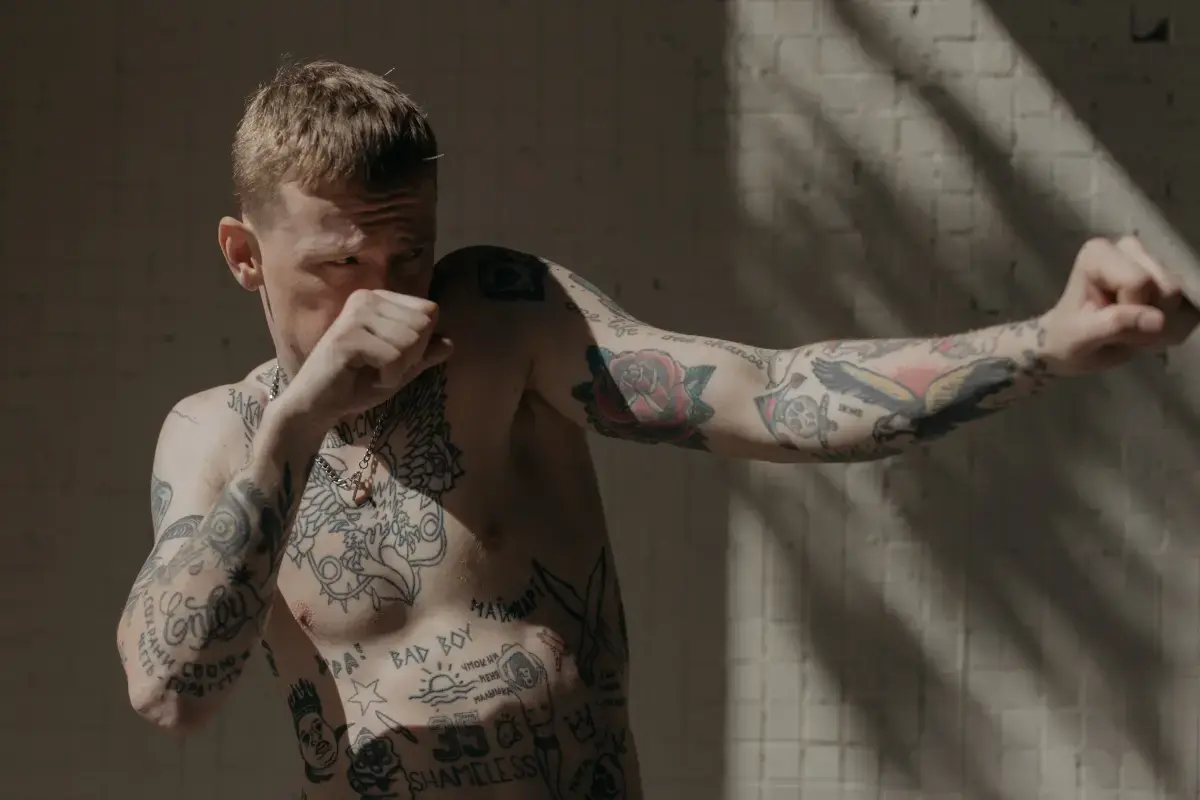
What are the Skills of a Tattoo Artist?
A tattooist needs to have a steady hand, excellent eyesight, and great attention to detail. They must also be able to work quickly and precisely. In addition to these necessary physical skills, tattooists must also have a strong understanding of sterilisation procedures, as well as an awareness of different skin types and how they will react to the tattooing process.
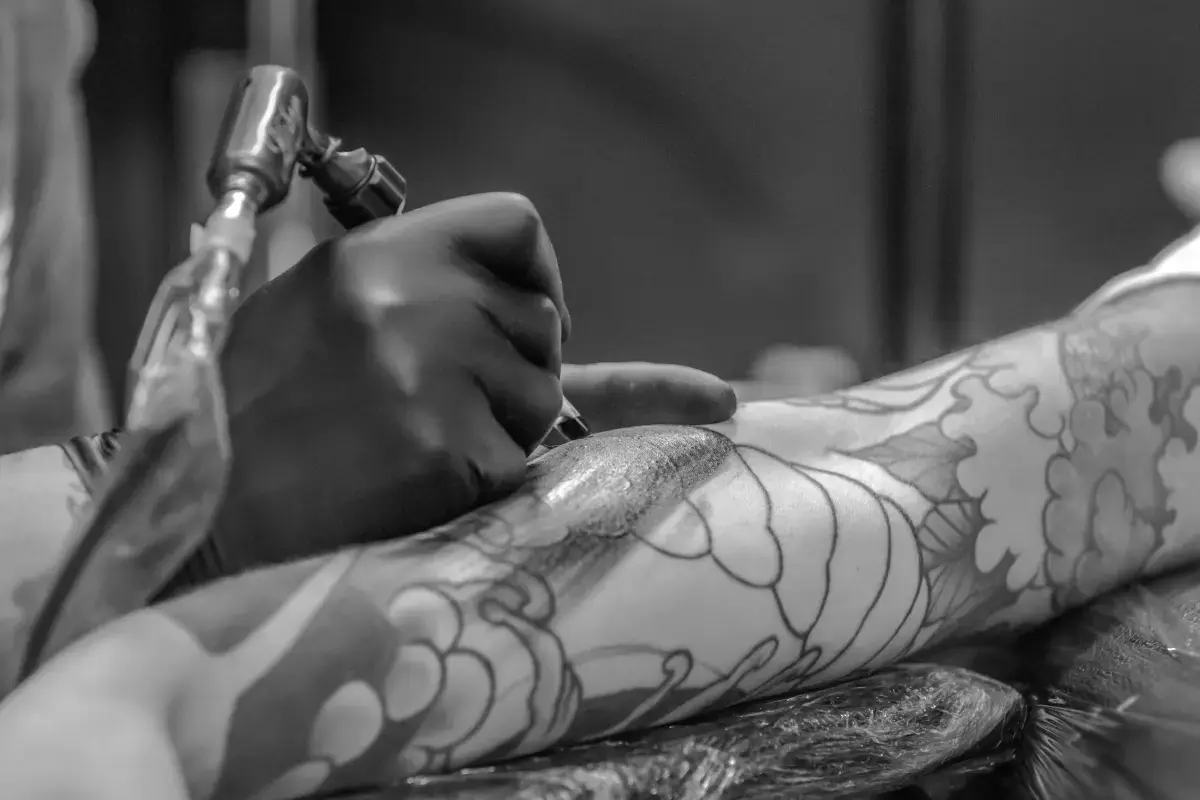
What makes an Expert Tattoo Artist?
They should also be familiar with the various types of inks available and how to mix them properly. It is also essential that tattooists have good people skills, as they will be dealing with customers on a regular basis. They should be able to quickly establish rapport, understand what the customer wants, and provide advice and guidance where necessary.
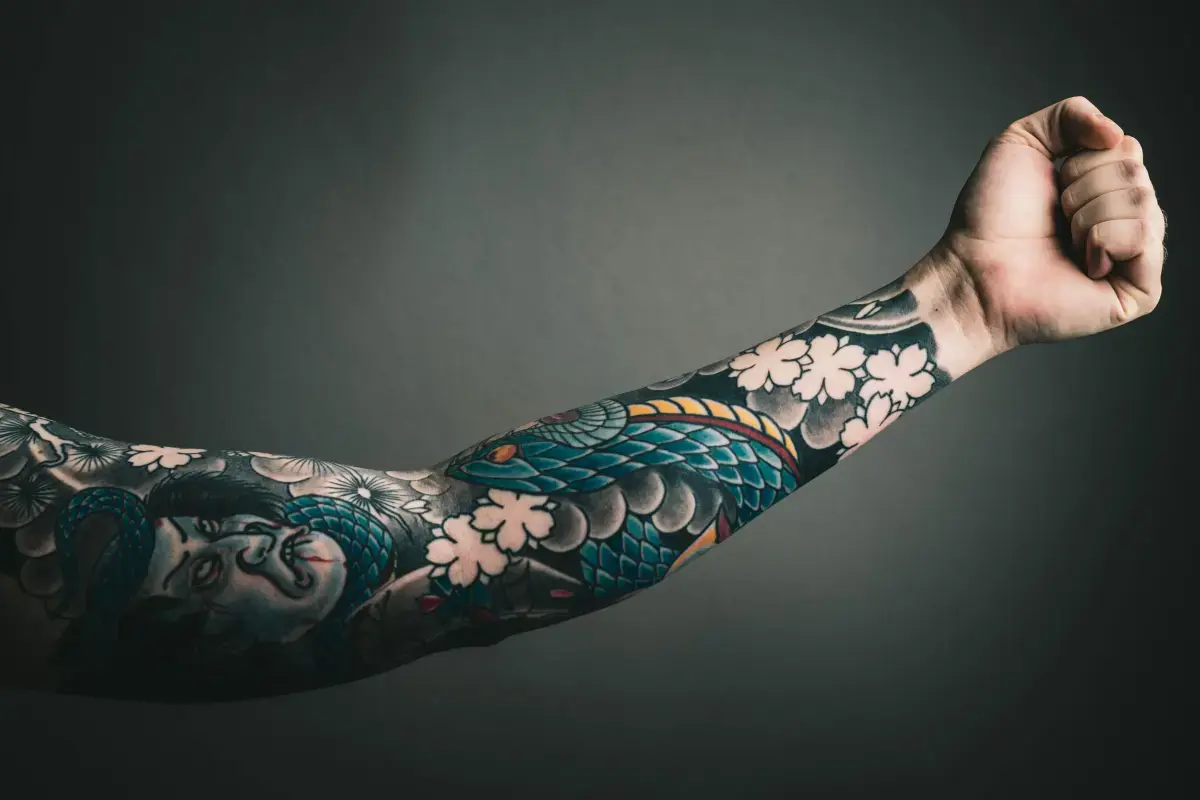
What level of Experience & Qualifications are required to be a Tattoo Artist?
Industry Experience: - Several years of professional experience as a tattoo artist, including practice in line and color work. - Ability to design original tattoos, cover old tattoos, or rework existing designs. - Understanding of different styles of art and comprehension of how they apply to the design process. - Knowledgeable about safety protocols for infection prevention and sterilization practices. Training: - Apprenticeship with a professional tattoo artist covering fundamentals such as equipment use, drawing techniques and skin anatomy. - Hands on learning through attending seminars with respected industry professionals for better technique development and additional portfolio building opportunities. Qualifications: - Certification in Blood Bourne Pathogen Standards (BBP) through an accredited institute is mandatory if working with clients directly in the United States - Obtain either state/county health certification or licensing if required by state laws Education Background: - High school diploma preferred but not necessarily required depending on the apprenticeship program chosen

What is the Salary of a Tattoo Artist?
The salary range of a tattoo artist will vary greatly depending on their level of experience, location and any additional qualifications they may have. Junior Tattoo Artist: Junior tattoo artists generally have very limited experience and typically start out with entry-level wages ranging from $10 to $15 per hour. However, with further experience and education/portfolio building some junior tattoo artists can earn up to $20 an hour or more. Mid-Level Tattoo Artist: Mid-level tattoo artists typically earn between $20-$30 per hour depending on their skill level. These tattoos are usually larger and require more detail than those done by junior artists; therefore the hourly rate is higher for those doing the work. Additionally, mid-level Artists may also receive tips in addition to their base pay. Senior Tattoo Artist: Senior tattooists can expect to make anywhere from around $30 -$50 an hour or even more for highly experienced professionals who take on big projects or run very busy shops.. Those making this much money often set up as private contractors since they can charge premium rates outside of a shop setting. Also many senior tattoos might include high rates per project because they involve high levels of expertise in creating intricate designs such as coverups rendering difficult images but also coming under time constraints when doing the work..
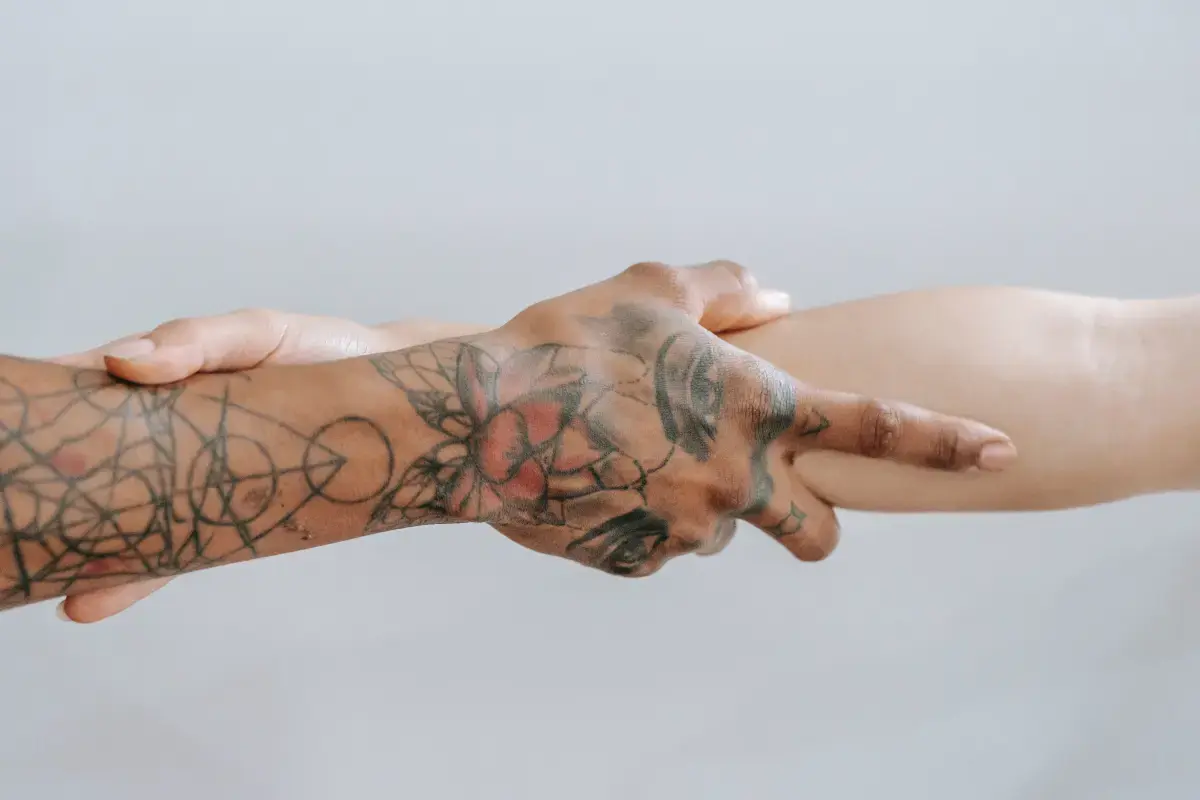
What are the Working Conditions for a Tattoo Artist?
Tattoo artists have a range of working conditions that are typically determined by the individual artist or the tattoo shop they work for. Generally, tattoo artists will work in an artist’s studio such as a shop owned and operated by themselves or someone else, a freelance artist or independent contractor, or even in their own home. In many cases, tattoo artists can expect to be on their feet for up to 8 hours throughout the day and may have to carry out tasks such as cleaning tools and surfaces before, during and after each session with their clients. They may also be required to wear special protective clothing while they are carrying out any tattooing procedure as well as ensuring any necessary sterilisation/safety precautions are taken into consideration prior to commencing with all procedures performed on customers. Other duties often expected of tattooists include being able to provide advice and guidance when it comes too choosing suitable design placements/sizes while conforming professional standards at all times throughout every appointment made with their customers. Most importantly perhaps is how important it is for them to ensure maximum comfort is maintained through each process should there ever arise the need too administer anaesthesia therefore making sure good communication levels remain open with regards too discussing pain relief options available depending on each persons individual needs/preferences too help maintain full satisfaction along the way AS These actions alone can make what overall ends up being quite challenging job easier still at times

What are the roles and responsibilities of a Tattoo Artist?
Tattooists are responsible for the cleanliness of their work area and equipment.
They must follow strict sanitary guidelines to prevent the spread of infection.
They must consult with clients to determine what kind of tattoo they want and where they would like it placed on their body.
They must design a tattoo that meets the client’s specifications, taking into account the size, placement, and other factors.
They must set up their equipment and prepare the ink according to industry standards.
They must apply the tattoo using sterile needles, taking care to avoid causing excessive pain or skin damage.
They must check for any allergies or adverse reactions before starting the tattoo.
They must maintain a sterile work environment throughout the tattoo process.
They must clean and disinfect their equipment after each use.
They must educate their clients on how to care for their new tattoos.
They must consult with their clients to determine what kind of tattoo they want.
They must sketch out the tattoo design beforehand.
They must plan the tattoo layout before starting to avoid any mistakes.
They must select the appropriate needles and inks for each tattoo.
They must set up their workstation in a sanitary manner before beginning the tattooing process.
They must ensure that their client’s skin is clean and free of any oils or makeup before starting
They must shave the area to be tattooed if necessary.
They must apply a stencil or transfer of the desired tattoo design to the skin.
They must set up their machine and test it on a piece of paper or their own skin before starting on their client’s tattoo.
They must hold the machine steady while guiding it along the outlines of the stencil/transfer.
They must fill in the main body of the tattoo with color, using different needles and inks as needed
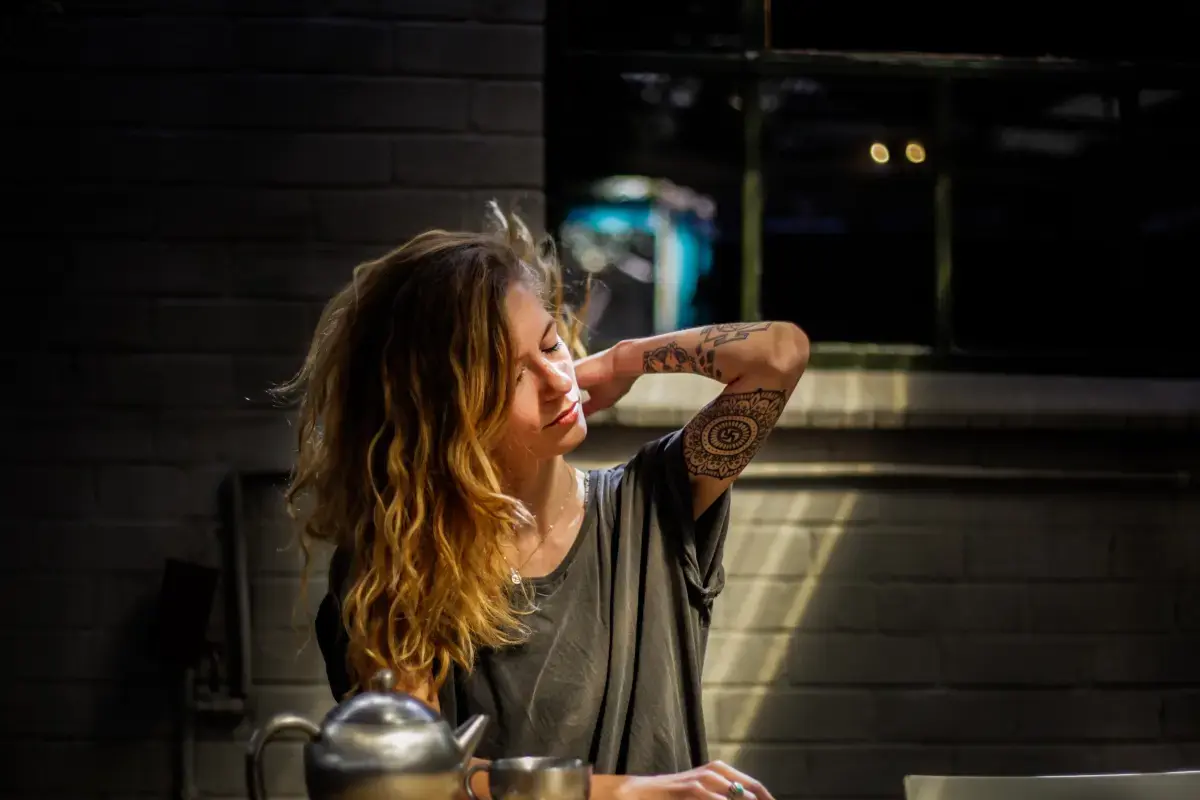
Where can I find Tattoo Artist jobs?
- Create a profile on gigexchange and promote your Tattoo Artist skills to advertise you are Open to New Work Opportunities
- Ensure your Resume (or CV), or online work profile is up to date and represents your skills and experience. Ensure your reputation reflects your ability & attitude.
- Apply for Tattoo Artist Jobs advertised on gigexchange.
- Practise Tattoo Artist interview techniques to ensure you represent your personality and ability succinctly and confidently.
- Accept the job offer if the salary meets your expectations and the employer mission and purpose reflects your core values.
Jobs
What are the best job boards for Tattooist jobs?

How can I hire Tattoo Artist staff online for my business?
The best job board for recruiting Tattoo Artist experts is gigexchange.com. Advertise full-time, part-time or contract jobs to find, hire & recruit trusted, experienced and talented Tattoo Artist candidates near you.

Are Tattoo Artist roles in demand in 2026?
Tattoo Artist experts are still in high demand in 2026. If you are an experienced Tattoo Artist or looking to train and become one. The job market is looking strong for Tattoo Artist jobs near me.